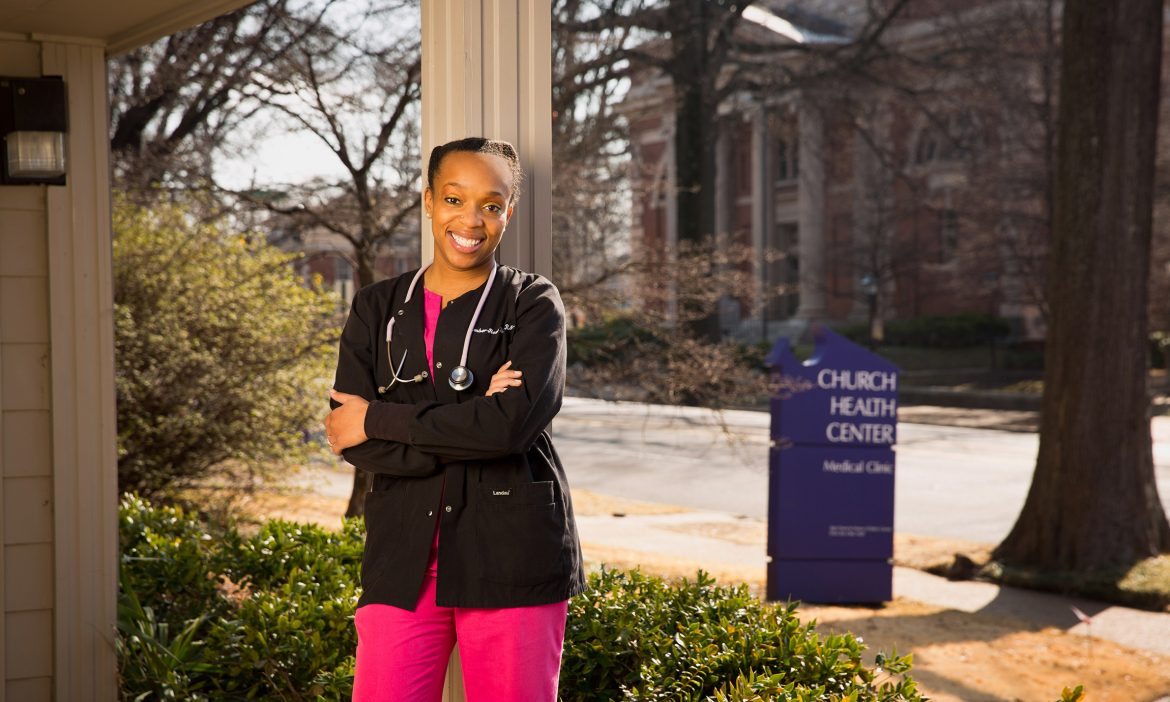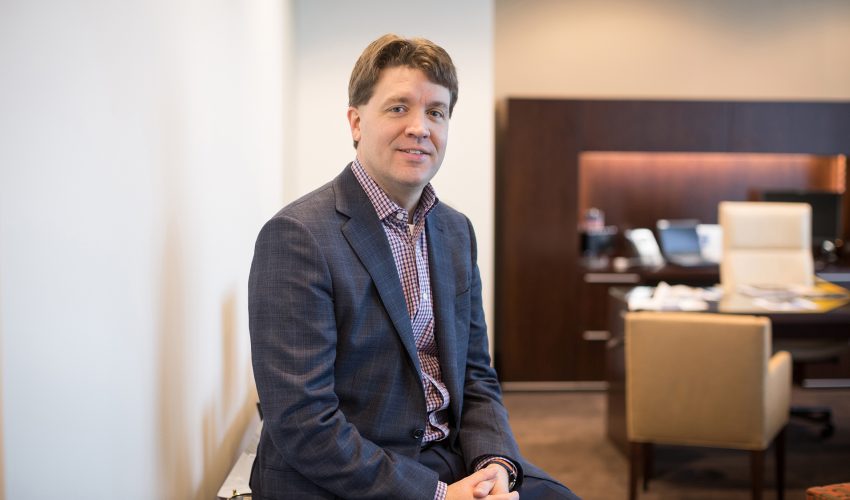Affordability has an effect on health.
It’s a reality many Tennesseans are faced with every day.
Thousands of working uninsured residents don’t qualify for Medicaid but don’t have the money to cover medical care.
That can lead to fewer doctor visits, which means that conditions don’t get diagnosed, don’t get treated, and worsen until there is no option but seeking help.
When they walk into one of Tennessee’s charitable clinics, these patients can get care at minimal or no cost.
Better Tennessee talked with people who work in charitable clinics across the state to get first-person insights on how affordability affects health.
Volunteers in Medicine, Chattanooga
Ashley Evans, Executive Director
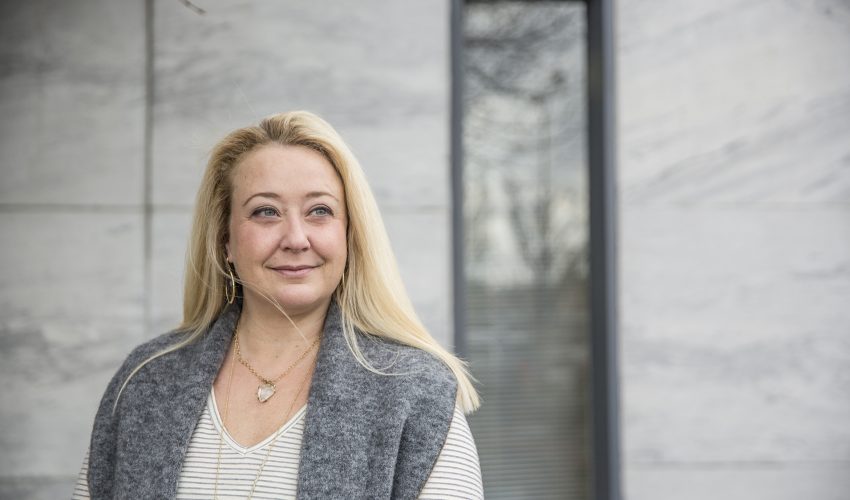
“Patients will tell you their whole life story if you invite them to talk.” — Ashley Evans
The one thing I want people to know is that our patients are deserving of the dignity and care we offer.
We see many people with chronic conditions like diabetes and hypertension.
Often, there are social problems attached to their health issue.
Take, for example, a woman who comes in for help in managing her diabetes.
Part of the reason her blood sugar is unstable is that she relies on boxes from the food bank, and there are a lot of starches in them.
We are not a social agency, but we can guide our patients to resources. We find a way to help with bigger issues.
One woman who has rheumatoid arthritis (RA) came to see us. She is in constant pain.
She had worked in Atlanta and was laid off from her job around the same time she was diagnosed. She managed to get into a great experimental program at Emory University and was able to get her medications through it, but could not find another job.
Meanwhile the arthritis was affecting her day-to-day living, and her parents convinced her to move back home to Chattanooga. But once here, she couldn’t find a rheumatologist to see her, because she had no insurance.
Somebody at her church sent her to us. Our medical director and director of nursing contacted the now-retired physician and head nurse from the Emory program to get all her old medical records and get her started back on the RA medications.
She was also able to apply for them through patient assistance so she is not out-of-pocket thousands of dollars. Now the RA is under control.
She is completely transformed.
Church Health Center, Memphis
Amber Rose-King, Charge Nurse
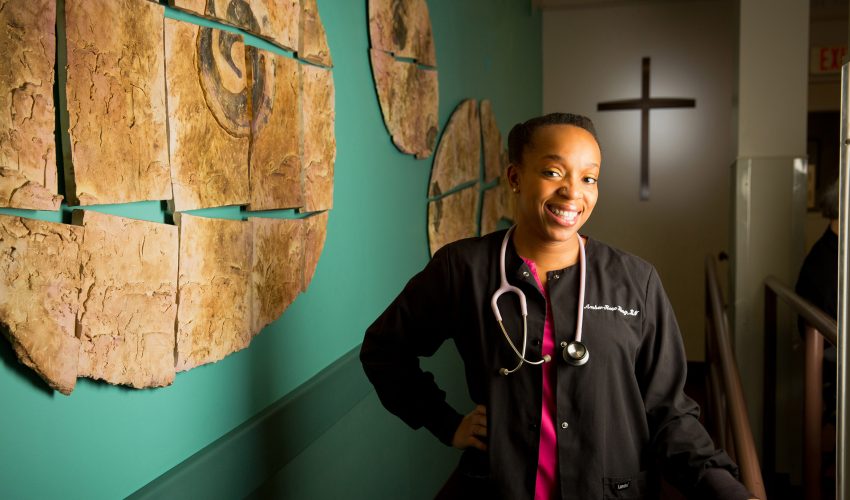
“I knew this was where I was supposed to be.” — Amber Rose-King
We work to fill the gap.
We work with the underserved, many of whom are in a low-income demographic. Some of our patients can barely make ends meet.
Some arrive with acute health issues — they need help today.
Those are the patients who touch my heart the most.
I remember a man who was 50 to 60 years old. He was a farmer and came in wearing a cowboy hat.
He hadn’t been to a doctor in years, because he “didn’t need to,” but also, like many of our patients, if you take time off from work, you don’t get paid.
He came in to see us because, while he had lived with some urinary problems for a while, he was now passing large blood clots.
He knew that was a sign that something was really wrong. Our doctors saw him and tested him. He had lab work done, and had a CT scan.
He had bladder cancer. If not for us, he would not have gotten the care he needed. He would not have gotten treatment or surgery.
He would have suffered until he was at the point of going to a hospital emergency room. Though he did not survive the cancer, he was able to get the oncology care that he needed for that time.
Our patients often are very sick when they come to us. We have given some hope and a better quality of life, and others we have simply afforded the time to process their illness and die with dignity.
We gave this man the best care, the same as someone with insurance.
That’s why I do what I do.
Siloam Family Health Center, Nashville
Sydney Catlett, Volunteer RN
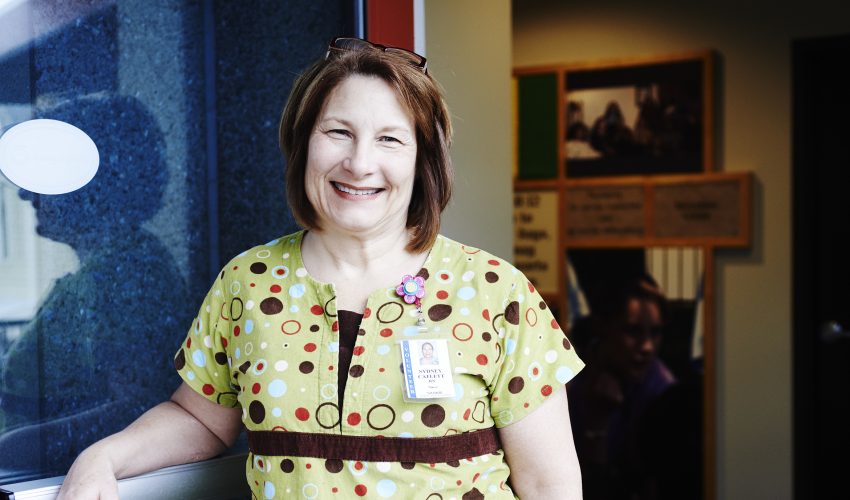
“You just want to hug these families who have taken such a big step.” —Sydney Catlett
Siloam tends to Nashville’s refugee population, and the families who come here have many needs — some that impact their health care — but what we do here involves more than traditional nursing.
I put myself in their shoes of coming to a whole new culture, and knowing what some of them have seen that caused them to leave their home country.
I work in the room giving immunization shots, and if a large family comes in together, I sometimes have a chance to talk to them while they wait.
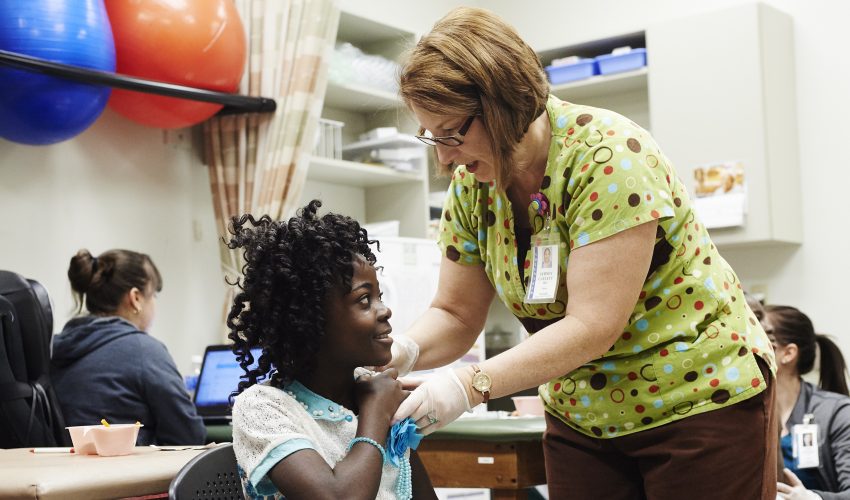
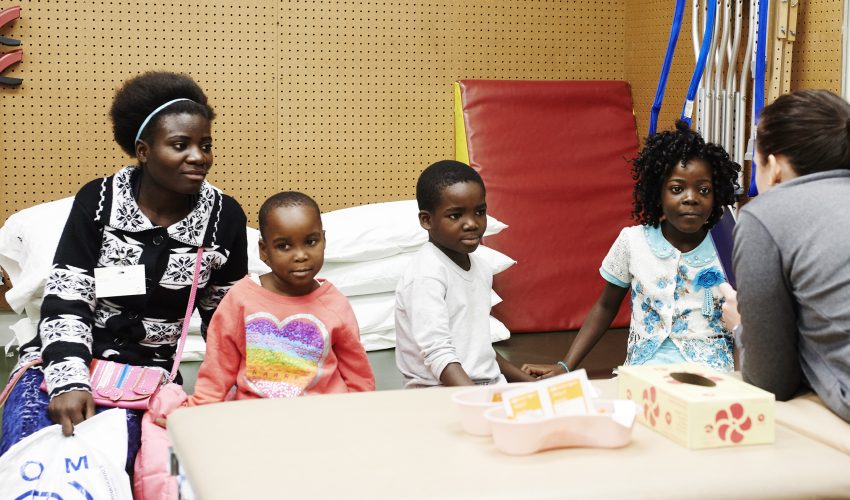
One that stays with me was a large family from Afghanistan — a dad and several children. All of them had considerable disfigurement and I asked about it.
He was driving the family to school one morning and the car next to them blew up, which meant their car blew up.
As a parent, I could relate to that family moment of taking care of your children.
Families like this don’t just leave their country and culture behind, they leave everything behind.They were trying to make a life in a difficult world. Then this moment changed their lives forever.
Their education doesn’t transfer here, their skills don’t translate, they don’t speak the language.
I could see the pain in his eyes that he couldn’t protect his family, and that making this move would not be easy for them, but he knew it was how he could now protect them.
Healing Hands, Bristol
Sarah Phillips, Director of Development
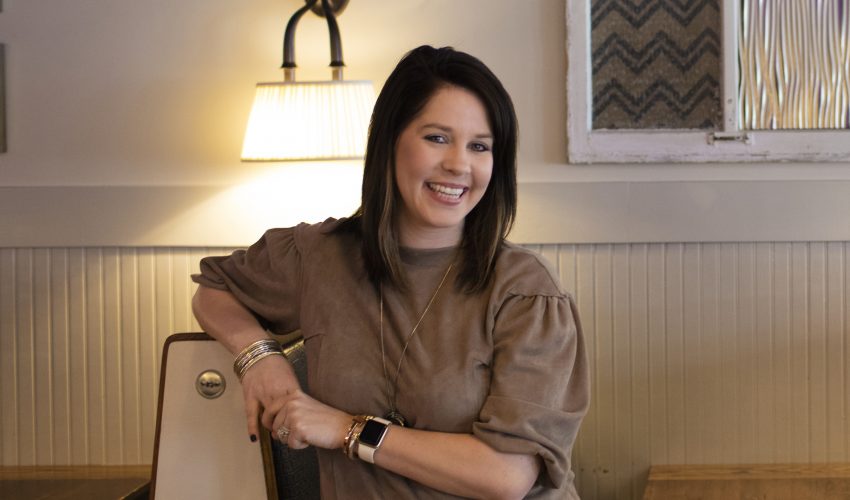
My husband and I moved to Bristol about five years ago. He’s a physician and I started volunteering at Healing Hands.
As the clinic expanded, it was decided that we needed a full-time director of development to raise funds, and I moved into that position.
Our patients are employed but without insurance, and we give them a hand up, not a handout. One of the things that I love and that was life-changing is that this is an organization and a community that takes care of its own people.
About six months ago, my husband and I were having dinner at this precious little restaurant that we go to often. We were talking to David, one of the servers there, and I could see he was not feeling well.
He told us that his blood pressure was all over the place and he didn’t feel good, but he had no insurance.
“I guess I’ll go to the emergency room,” he told us.
I told him about Healing Hands, and brought an application to him the next day.
We went back to the restaurant recently and he rushed over to us.
“That place changed my life,” he said.
“Everyone there is so kind, so friendly. My blood pressure is better than it’s ever been. I had my first dentist appointment in 20 years, and got my teeth cleaned and taken care of. They are helping me get glasses.
“I don’t know what I’d do without you telling me about them. I probably would not be here.”
I looked at my husband and said, “That’s why I get up and go to work every day.”
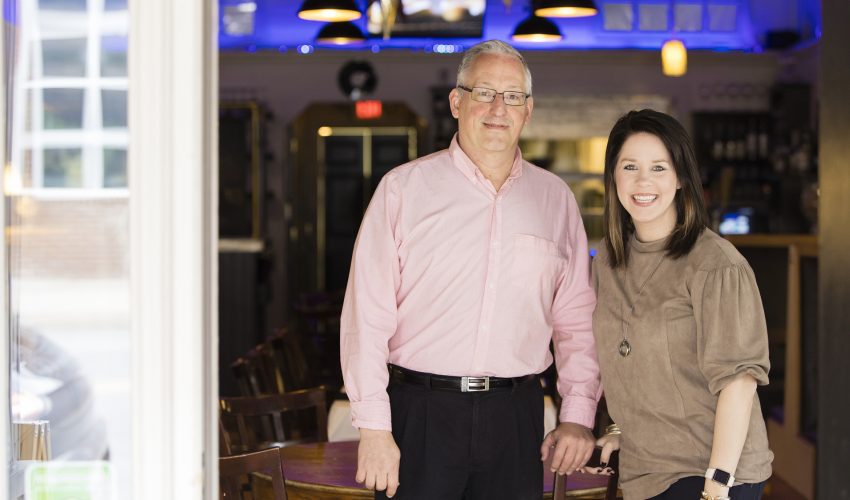
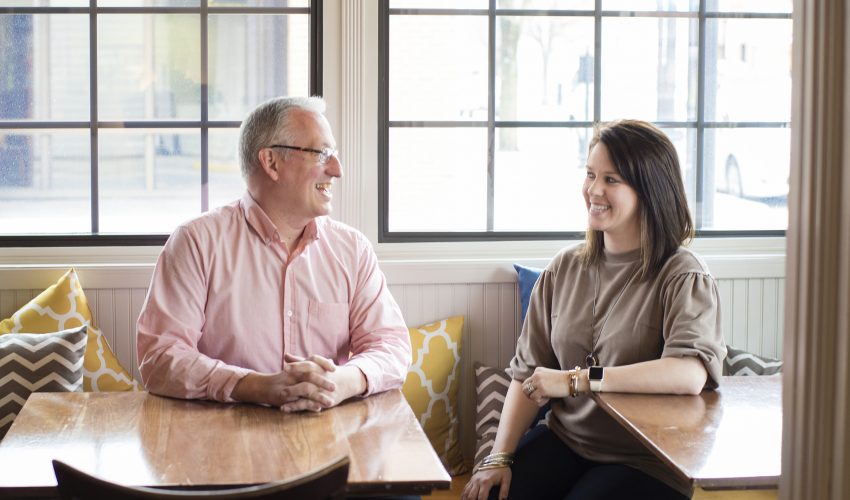
"Now David, a server at a local restaurant, is well enough that he looks forward to working.” — Sarah Phillips


